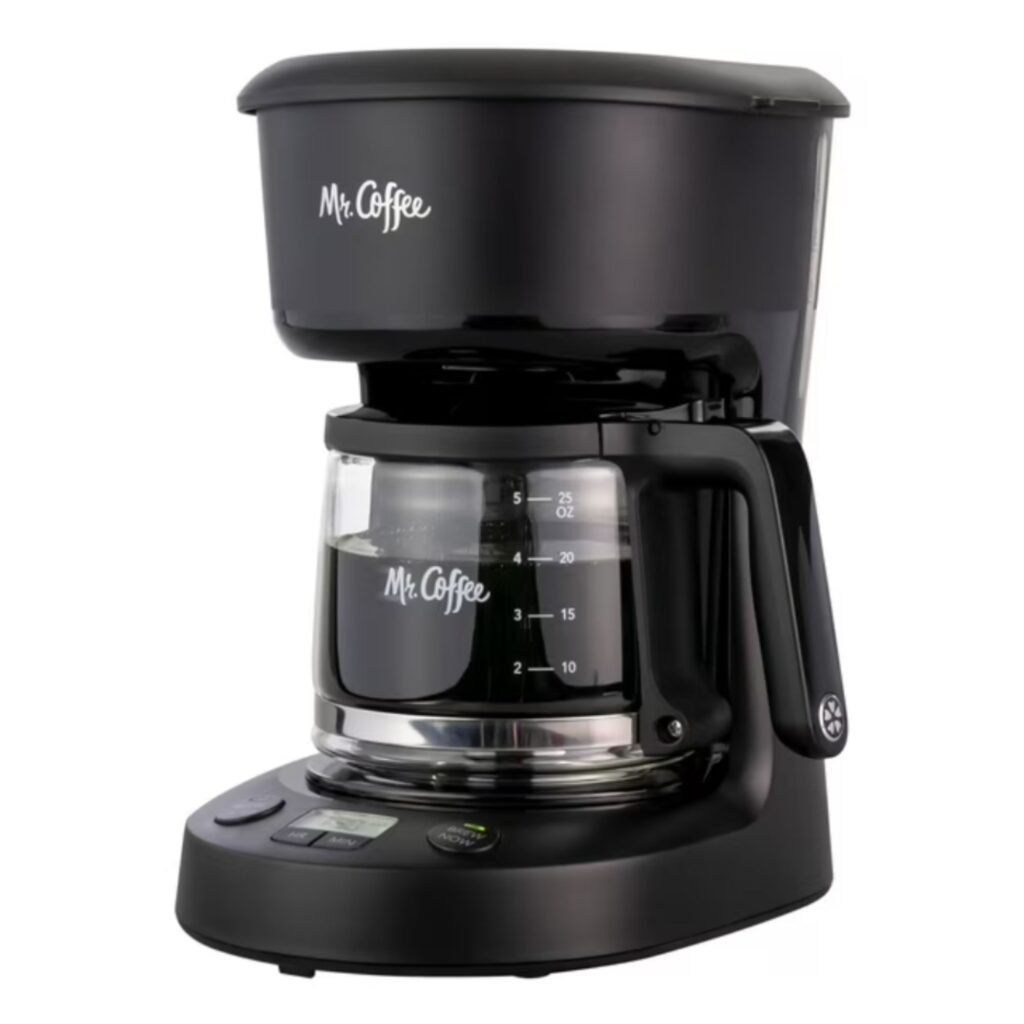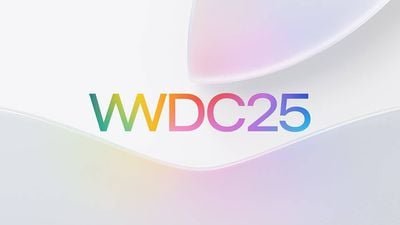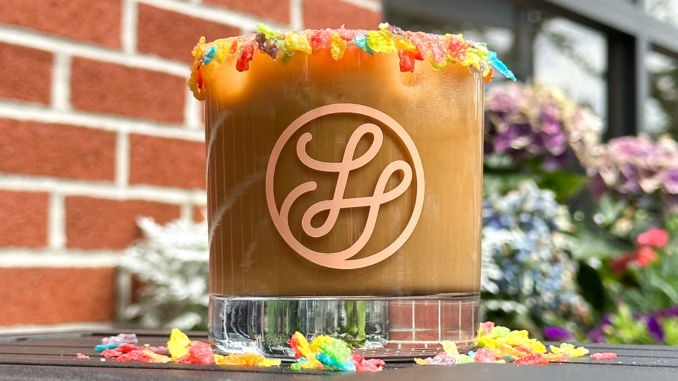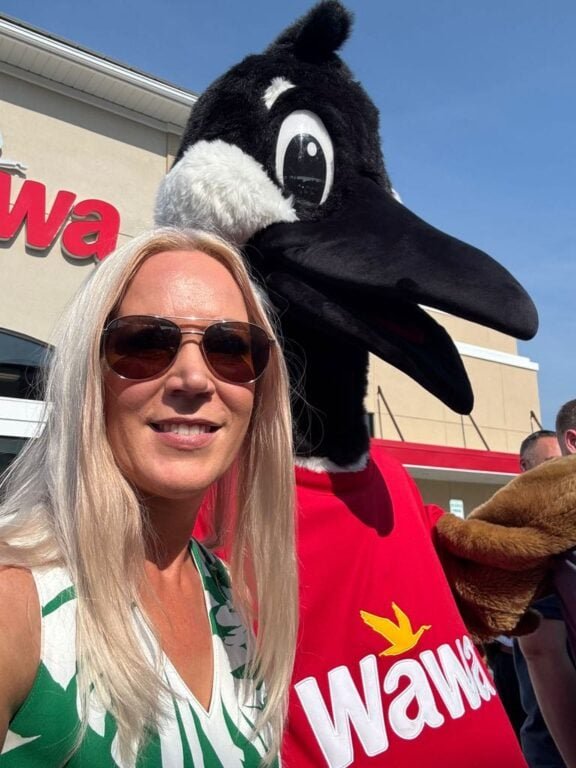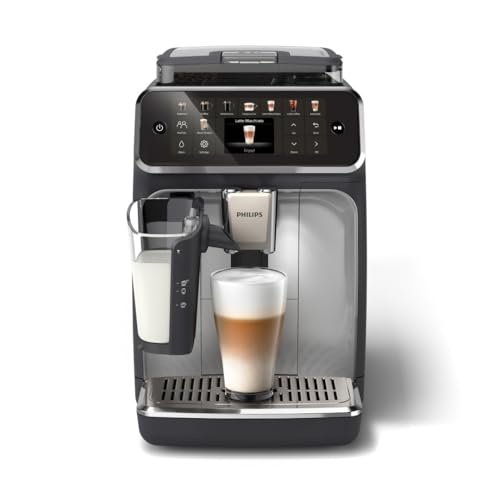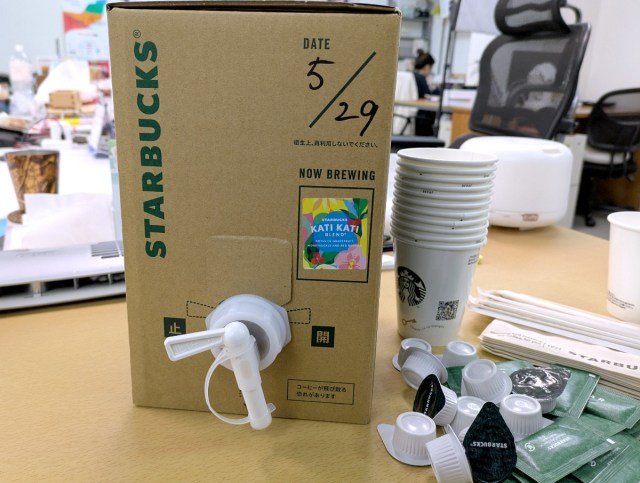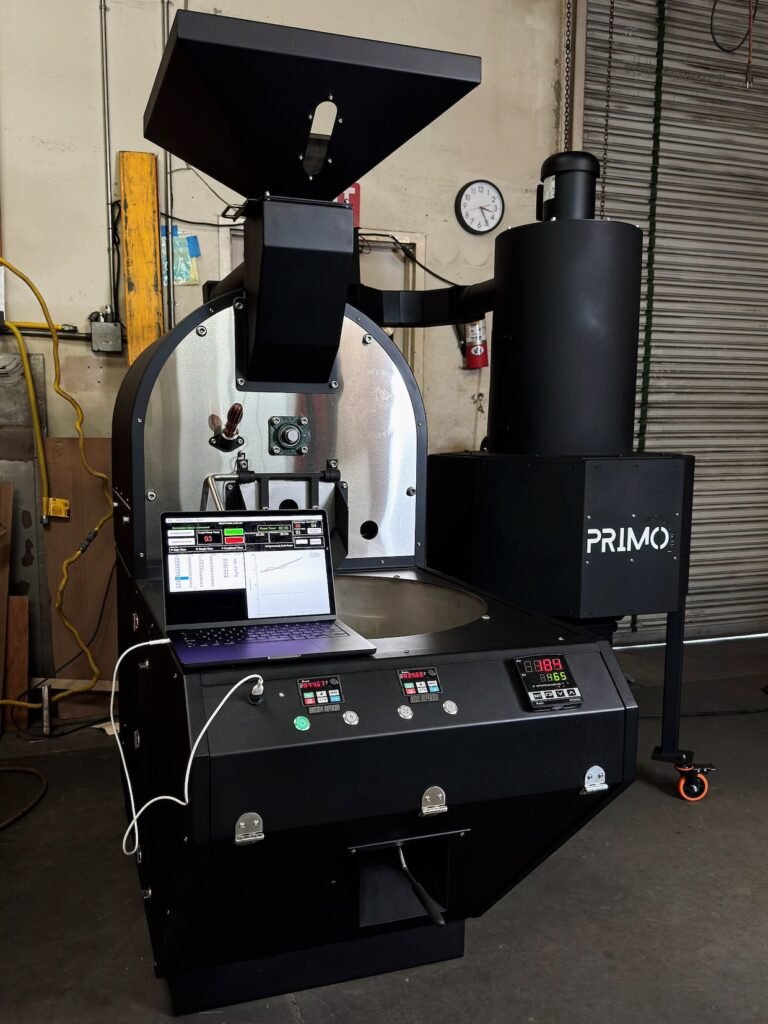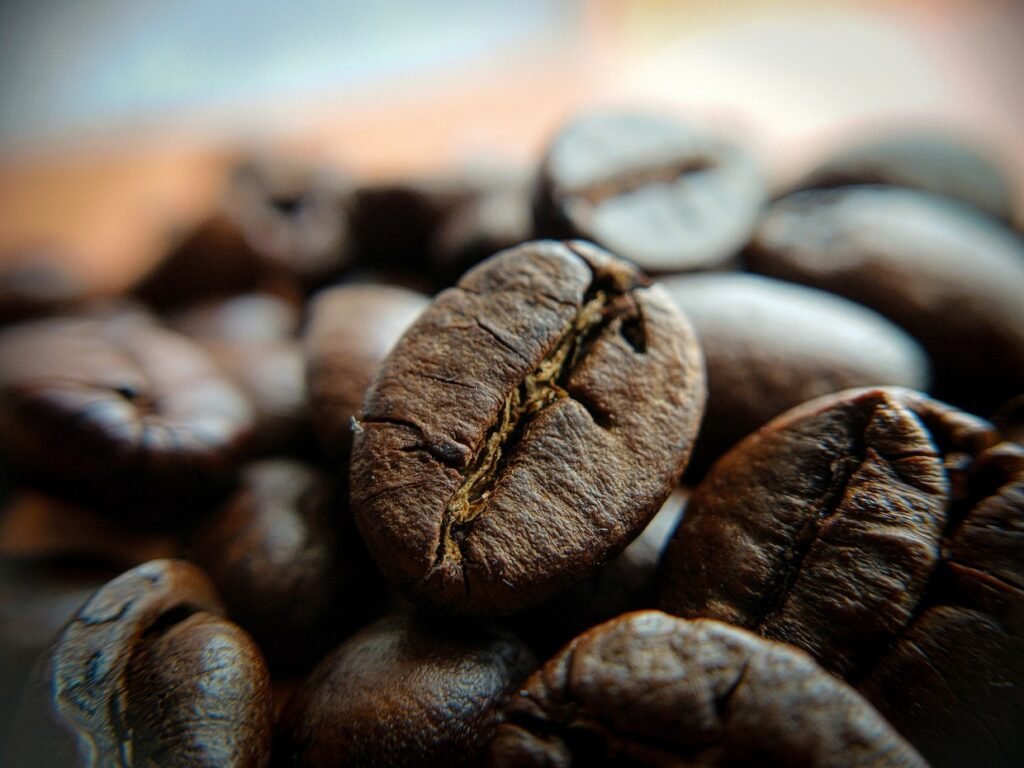BBC News, West Midlands

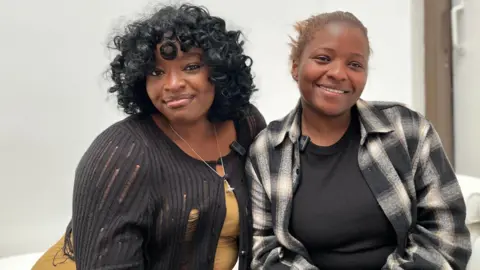 BBC
BBCFancy getting inked as you grab your iced matcha?
With more than 11,000 cafes to choose from across the UK, according to the World Coffee Portal, tattoo artists are working alongside many baristas in a bid to attract more customers.
One cafe owner said he believed the trend had been fuelled by a belief, shared on TikTok, that tattooed baristas make better coffee, while a psychologist said it was also driven by Gen Z’s urge to find “real” experiences.
Sisters Maia and Luna Omar are among those who love getting a spontaneous tattoo to bond and express themselves.
Their passion for body art inspired them to visit Nexus Cafe in Digbeth, Birmingham, which was holding a pop-up tattoo event.

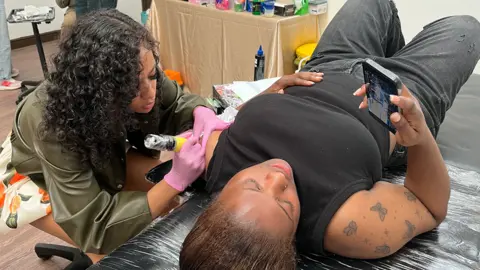
The pair said combining coffee and tattoos was “such a juxtaposition” but appealed to younger crowds, and they predicted it would become even more popular.
“It makes coffee shops more fun, it adds more excitement and draws people in,” Maia said.
“We’re sisters and we like tattoos and it’s something that we’re doing together,” Luna added.
International coffee company Blank Street has already attracted thousands of people to its free pop-up tattoo events in Manchester and London.
But Think+ Coffee and Ink, a not-for-profit cafe in London, has been serving up coffee, tattoos and haircuts since 2019.

 Think+ Coffee Ink
Think+ Coffee InkTattoo artist and church pastor Christian Vargas founded the cafe in Camden, putting the in-house tattoo studio very much on show through a glass partition.
“[The shop] gets rid of taboos and secrecy around tattoos and provides an inclusive space for everyone,” he said.
Twenty years ago, people would cross the street when they saw body art, but people were now more accepting, Vargas explained.
He has since opened a second location in Hackney Wick.
“People are looking to be proud of themselves in a space. If it’s a rainy day, you can have a coffee with us, we know the order and that’s so special,” he said.

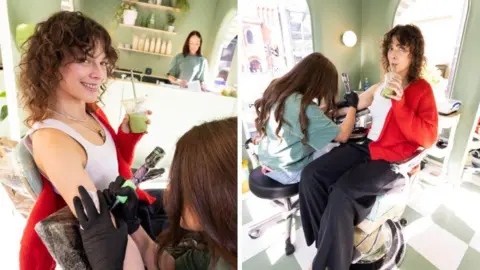 Blank Street
Blank StreetAccording to a YouGov poll in 2022, tattoos are becoming more popular and one in four people have one.
The survey of more than 2,000 people also found that women (29%) were more likely than men (22%) to have a tattoo and more than a third of people aged between 25-54 had been inked.
Psychologist Natasha Sharma, based in Wolverhampton, said tattoos were more than just body art, describing them as a “powerful statement of personal identity”.
She said at a time when young people were constantly using screens, getting a spontaneous tattoo offered a “real experience” that broke up a boring routine.
“We’re seeing a cultural shift toward valuing experiences over possessions, and toward creating aesthetic, Instagrammable moments,” she said.
“Tattoos in real life act as an experience and a story, wrapped into one.”






